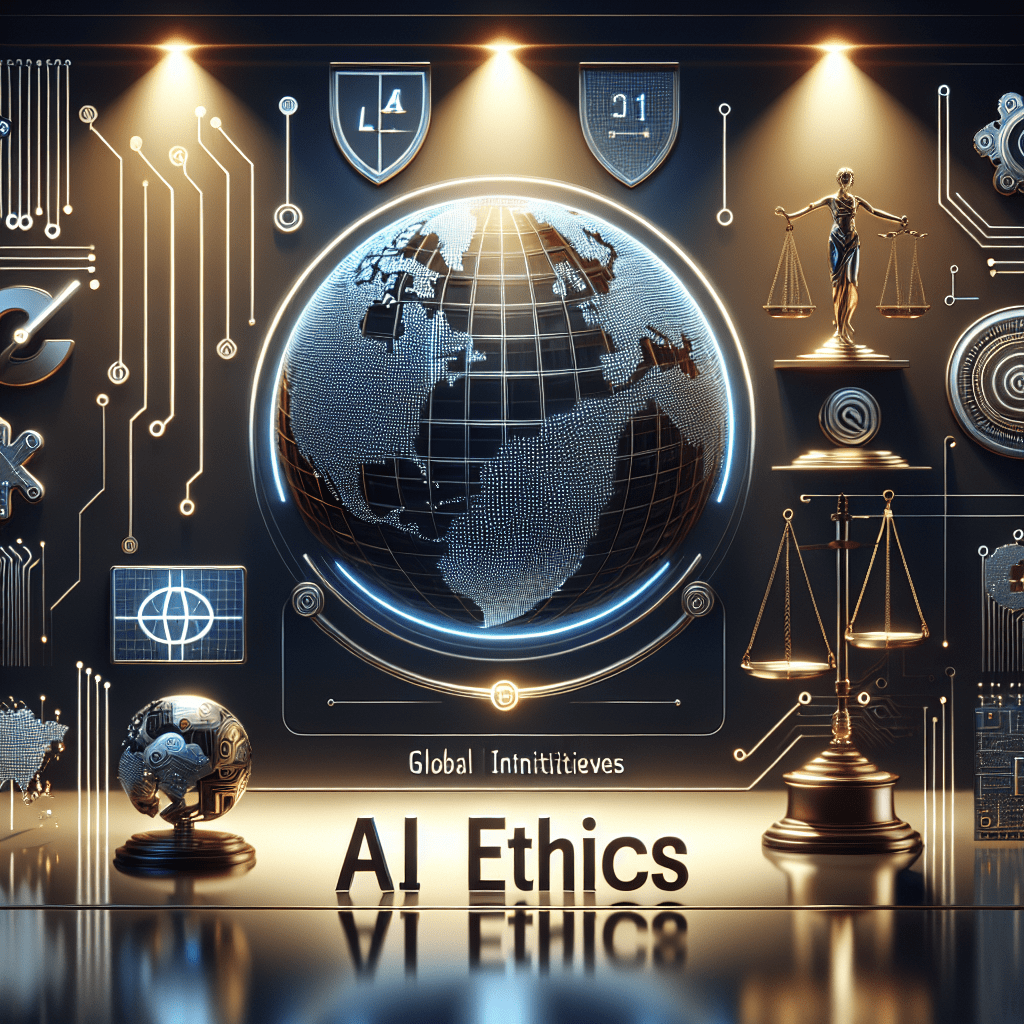Understanding AI Ethics: Key Principles and Challenges

AI Ethics: Navigating the Complexities of Technology with a Moral Compass
AI ethics is like having a moral GPS for the fast-paced world of artificial intelligence. With technology advancing at lightning speed, it’s crucial to pause and think about what all this means for our lives. Let’s break down the essentials of AI ethics in a way that feels clear and relatable.
Core Principles of AI Ethics
Think of these principles as the guiding stars for anyone working with AI:
- Transparency: Imagine trying to solve a magic trick without knowing the secret. Frustrating, right? AI should be just as clear. Users need to understand how decisions are made, with ways to audit processes and algorithms.
- Fairness and Non-Discrimination: Nobody likes rigged games. AI must avoid amplifying biases related to race, gender, or age. The goal? A fair playing field for everyone.
- Privacy and Security: In today’s world, personal data is treasure. AI systems need to guard it with the care of a dragon protecting its hoard, adhering to laws like GDPR while ensuring safe collection, storage, and usage.
- Accountability: If AI causes harm, the people behind it must be held responsible. It’s about making sure there are consequences when things go wrong.
- Human Well-being and Dignity: AI should be a helpful sidekick, not a source of stress. We need to ensure it adds value to our lives rather than chaos.
- Responsibility: With great power comes great responsibility. Developers and users alike must own the ethical implications of their creations and maintain human oversight.
- Sustainability: As we develop advanced AI, let’s not forget our planet. Energy-efficient AI systems are a must to innovate responsibly.
Current Discussions and Challenges
The world of AI is filled with debates and dilemmas. Here are some of the big ones:
- AI and Employment: As AI takes over tasks, what happens to jobs? Should we rethink retraining programs or even consider universal basic income?
- AI in Decision-Making: When AI makes decisions in areas like healthcare or hiring, how do we ensure fairness? And what happens if you disagree with an AI’s decision?
- Moral Agency of AI: Should smarter AI systems follow ethical standards? This sparks questions about whether AI can have moral responsibilities.
- Regulation and Governance: How do we keep AI in check? Should governments step in, or is industry self-regulation the way forward? International agreements could also play a role.
- AI Consciousness: What if AI develops thoughts and feelings? This raises tough questions about rights and how we treat these potential new beings.
- Data Ethics: AI needs massive amounts of data. How do we handle it ethically? Consent is key but often complicated.
Recent Initiatives and Guidelines
Here’s how organizations and governments are addressing AI ethics:
- Global Standards: Groups like UNESCO’s AI Ethics Observatory are pushing for worldwide guidelines.
- Industry Collaboration: Big tech companies are crafting their own ethical guidelines or partnering with organizations like the Partnership on AI.
- Government Action: The European Union is leading the charge with its AI Act, aiming to establish legal frameworks for ethical AI use, especially in high-risk applications.
Why It Matters
AI ethics isn’t just a trendy topic; it’s a collective effort. Technologists, ethicists, policymakers, and everyday people all have a role to play. As AI becomes an integral part of our lives, tackling these challenges is more important than ever.
Let’s keep the conversation going and work together to navigate the future of AI responsibly!
Stay Ahead in AI
Get the latest AI news, insights, and trends delivered to your inbox every week.





3 Comments